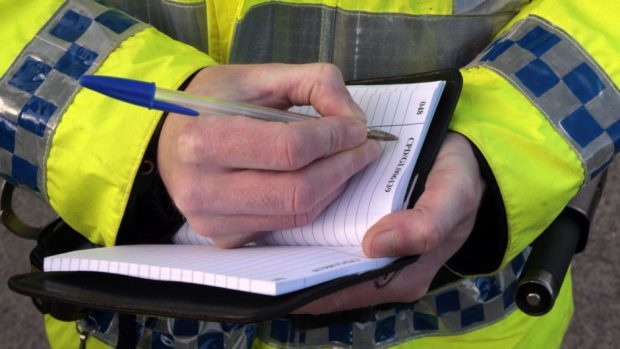More than 40 people with dementia were reported missing in the Highlands last year.
Now police and partner agencies in the Highlands have launched a new scheme aimed at helping to trace vulnerable missing people.
The Herbert Protocol is a well-established initiative already used elsewhere in Scotland and the wider UK which can assist officers respond quickly should someone go missing.
It is made up of a detailed form, which can be pre-filled with vital information such as a photograph, contact details, medication required and significant locations.
This can be used by officers to save vital time in a missing person inquiry.
The scheme will be promoted with everyone registered with adult care services in the Highlands, including people living with dementia, a learning disability or experiencing mental ill health.
Sergeant David Campbell, missing person co-ordinator for Highland and Islands Division, said: “People go missing for a variety of reasons and unfortunately vulnerable people becoming lost, distressed or disorientated is something that we can be faced with.
“This not only puts the missing person at risk but it also causes considerable distress for their loved ones.
“In the Highlands alone, more than 40 people with dementia have been reported missing in the last year.
“Speed is of the essence in any missing person inquiry – the longer someone is missing, particularly if they are vulnerable, then the greater the risk to them.
“The Herbert Protocol enables people to be assured that all relevant information can be passed quickly to police, and will provide vital assistance to officers in their search efforts.”
The Herbert Protocol originated in Norfolk and takes its name after Normandy landings veteran George Herbert, who lived with dementia and sadly died in 2011 after he went missing while looking for his childhood home.
Ian Thomson, NHS Highland’s lead social work for its north & west division, said: “We recognise the important role that care services play have in the lives of many adults across Highland.
“Adults experiencing care should be supported to lead the lives they want to – with as much freedom, independence and opportunity as possible – whilst, at the same time, care services may be required to manage risks when things go wrong.
“For those adults that we work with who are at a significant risk of becoming a ‘missing person’ we are strongly promoting the completion of the Herbert Protocol.”
